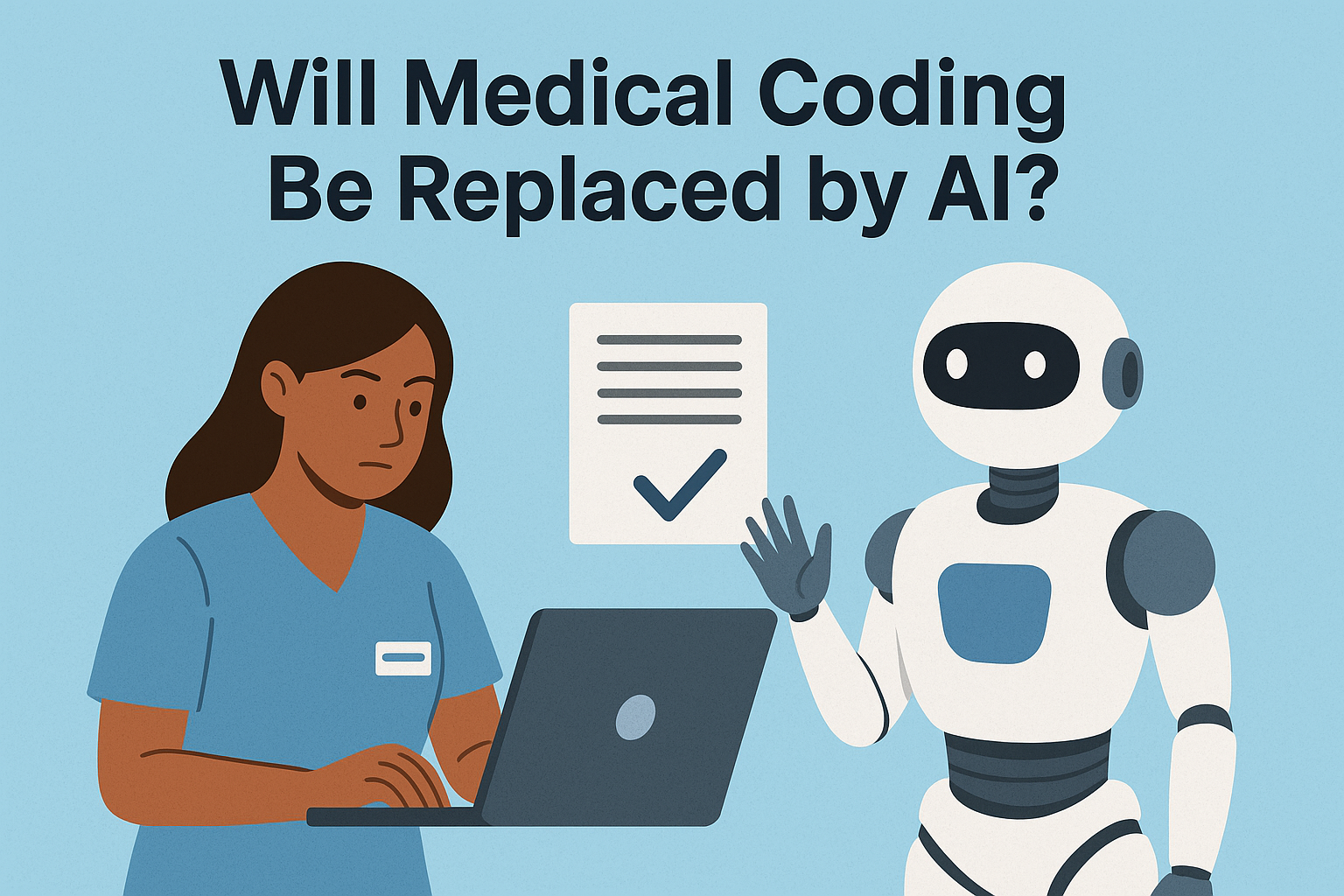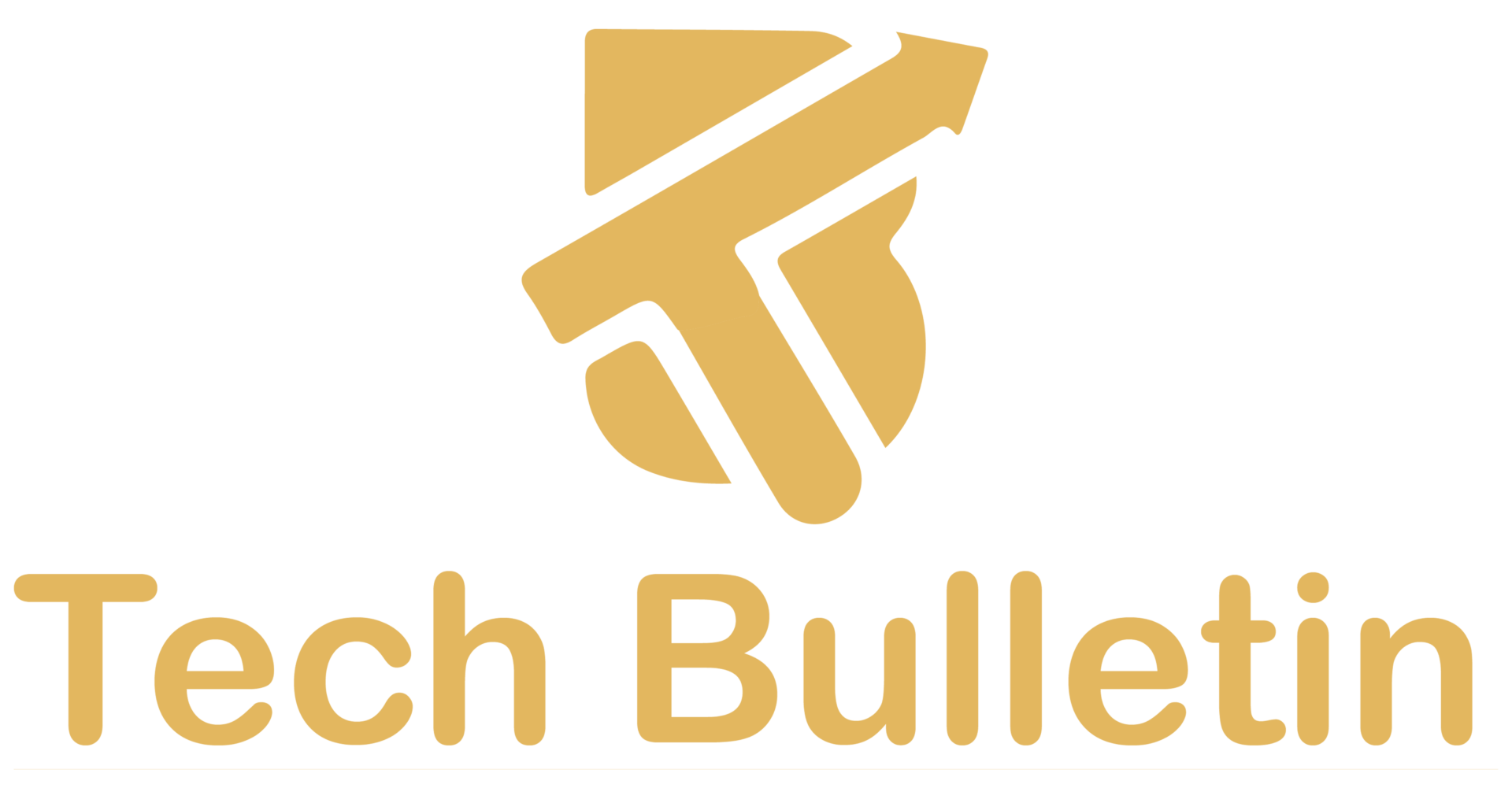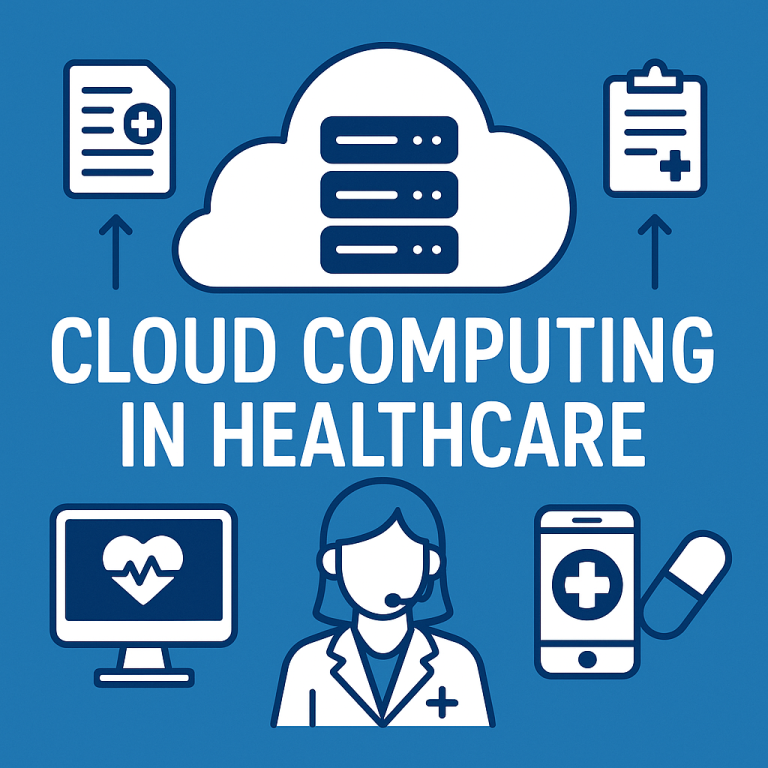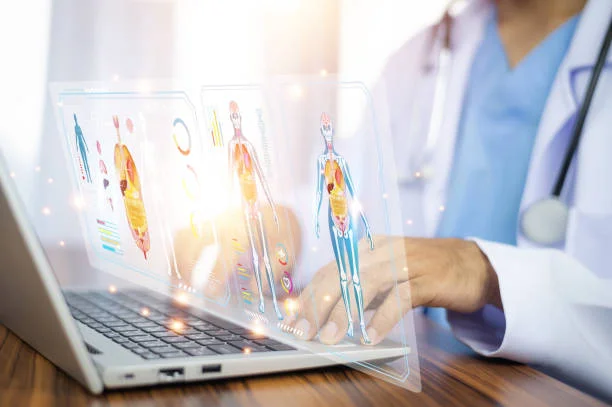Will Medical Coding Be Replaced by AI? Understanding the Future of Medical Coding Jobs

Medical coding is a critical part of the healthcare industry. Every day, medical coders translate patient records, doctor’s notes, and clinical documentation into standardized codes used for billing, insurance claims, and health records. But with the rise of artificial intelligence (AI) and automation, many people are asking: Will medical coding be replaced by AI?
In this article, we will explain what medical coding is, how AI is changing the healthcare industry, the tasks AI can and cannot do, and what this means for the future of medical coding jobs. We will also provide practical advice for coders looking to future-proof their careers.
What Is Medical Coding?
Medical Coding is the process of taking all the complex medical information in a patient’s records like diagnoses, procedures, and treatment notes, and turning it into standardized codes that everyone in healthcare can understand.
These codes come from systems like ICD-10 (International Classification of Diseases), CPT (Current Procedural Terminology), and HCPCS (Healthcare Common Procedure Coding System). Why does this matter? Well, for starters, insurance companies rely on these codes to figure out how much to pay healthcare providers.
Hospitals and clinics use them to keep accurate patient records, and public health officials analyze coded data to track trends, measure outcomes, and plan resources. Because of all this, medical coding demands precision, attention to detail, and a solid grasp of medical terminology; any mistake can lead to denied claims, delayed payments, or even legal headaches.
How AI Is Entering the Medical Coding Field
AI is making big waves in healthcare, and medical coding is no exception. These days, AI tools can actually read through medical records, pick out the important details, and even assign codes automatically; all thanks to advances in machine learning and natural language processing (NLP).
Some of these systems can suggest possible codes based on doctors’ notes, spot mistakes in existing coded data, and speed up the review process for large batches of claims. To put it in perspective, AI-powered coding software can scan hundreds of patient records in just minutes; something that might take a human coder hours to complete.
This kind of efficiency is catching the eye of hospitals and insurance companies, as it helps reduce costs and improve accuracy across the board.
What AI Can’t Do (Yet)
While AI is improving, it has limitations. Here are some reasons why AI cannot fully replace human medical coders at this time:
- Understanding Context: A patient’s diagnosis or treatment can have subtle nuances that only a trained human can pick up on. AI might miss these little details, which can make a big difference in coding accuracy.
- Handling Complex Cases: Rare conditions, unclear symptoms, or incomplete records often need human judgment to interpret correctly. AI can handle the straightforward stuff, but when things get complicated, a human coder is still essential.
- Regulatory Compliance: Coders ensure that every code meets strict legal and compliance standards. AI can misinterpret rules or overlook important nuances, which could lead to errors or even legal issues.
- Communication: Human coders frequently talk to doctors, nurses, and other healthcare providers to clarify notes or gather missing information. AI simply can’t replicate these human interactions or relationships.
Will Medical Coding Jobs Disappear?
A lot of people worry that AI will completely replace human coders, but experts say the reality is a bit different. Rather than eliminating jobs, automation is more likely to change the way coders work.
For example, AI can take over routine, repetitive tasks, freeing up human coders to focus on more complex cases, ensure compliance, and maintain quality control. Coders might also find themselves moving into new roles, like auditing, training AI systems, or managing data integrity.
In other words, medical coding jobs aren’t disappearing; they’re evolving. Those who embrace AI as a helpful tool rather than a threat will actually have a competitive advantage in the job market.
How Coders Can Future-Proof Their Careers
If you are a medical coder, there are several ways to stay relevant in an AI-driven world:
1. Learn AI Tools
Medical coders should become familiar with AI-driven coding software and tools. Understanding how these systems function, from automated code suggestions to natural language processing in documentation, can make you an indispensable asset to your organization.
Proficiency with AI tools not only improves coding efficiency but also positions you as a forward-thinking professional capable of leveraging technology to enhance accuracy and productivity.
2. Develop Analytical Skills
Critical thinking and analytical expertise remain areas where humans excel over AI. Coders can focus on auditing, compliance, and the review of complex or ambiguous cases, which require nuanced judgment and interpretation. Honing these skills, coders provide value in scenarios where AI may fall short, ensuring that their contributions remain essential within the healthcare system.
3. Upskill in Health IT
Expanding your knowledge in health information technology (Health IT) opens doors to new career opportunities. Familiarity with electronic health records (EHRs), data analytics, and healthcare software equips coders to manage, interpret, and utilize healthcare data effectively.
This technical proficiency allows coders to take on roles beyond traditional coding, such as data analysis, system optimization, and IT collaboration, increasing their career versatility.
4. Continuous Education
Staying current with medical coding guidelines, regulatory updates, and emerging technologies is crucial for career longevity. Pursuing professional certifications like CPC (Certified Professional Coder) or CCA (Certified Coding Associate) reinforces your expertise and credibility.
Additionally, engaging in ongoing education ensures you remain adaptable in a rapidly evolving healthcare landscape, ready to meet the demands of employers and the evolving needs of patients.
The Benefits of AI in Medical Coding
AI isn’t just a threat to medical coders; it can actually be a huge help. One of the biggest advantages is Increased Accuracy. Handling routine coding tasks, AI reduces human errors, which can save time and prevent costly mistakes.
Then there’s Faster Turnaround. AI can process claims much more quickly, helping payments get approved faster and reducing delays. Cost Efficiency is another perk; hospitals and clinics save money by automating repetitive tasks that used to take hours of human labor.
And finally, Support for Coders means that AI can suggest codes and assist with routine work, freeing human coders to focus on more complex, judgment-heavy cases. In short, AI can boost efficiency and accuracy while letting coders concentrate on the high-value work that really requires their expertise.






